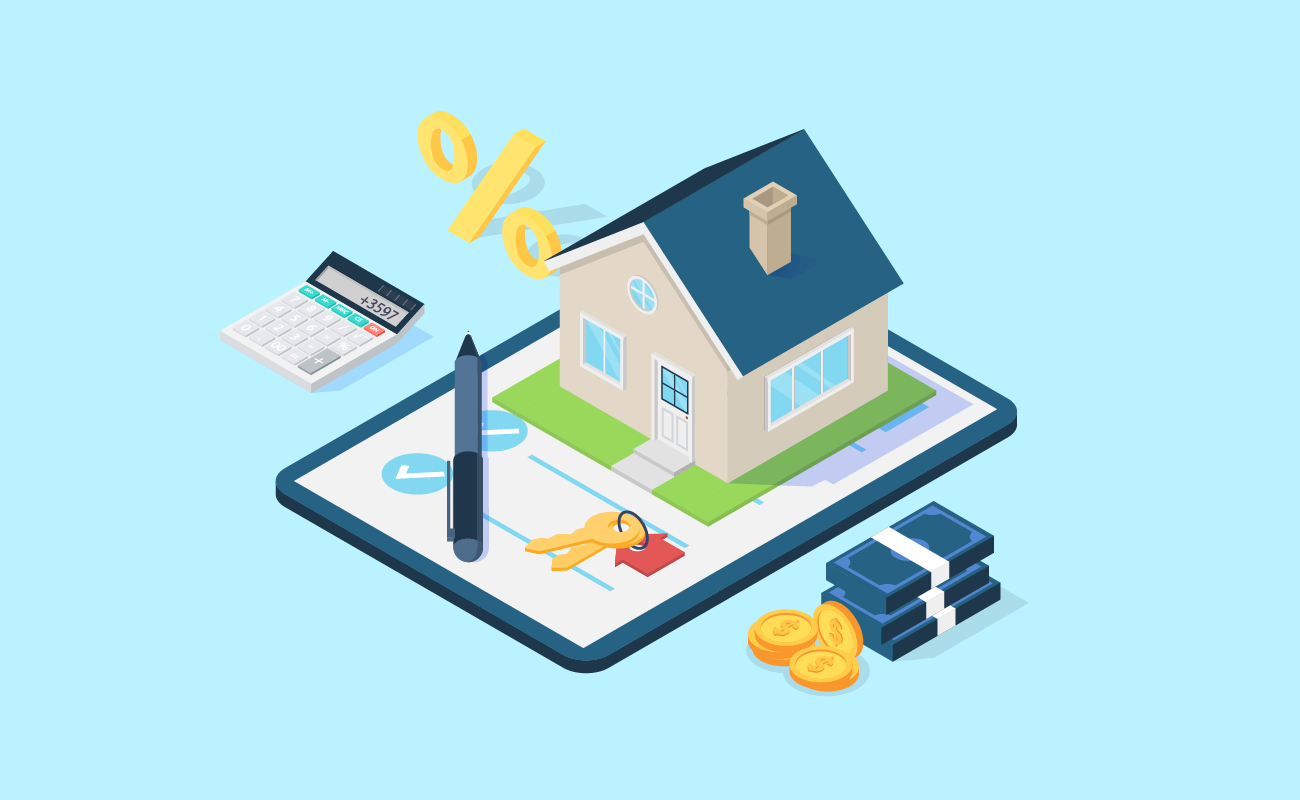
Essential Insights for Home Buyers: Navigating the Property Purchase Process
Are you looking for cash home buyers in Washington DC? Buying a home is a significant undertaking that requires careful preparation, thorough research, and strategic decision-making. For many, it represents not only a major financial investment but also a long-term commitment to a place of residence. We will provide an overview of the key stages and considerations involved in the home buying process, aiming to equip potential home buyers with the knowledge to navigate this complex landscape effectively. From understanding financing options to the final steps of closing a deal, each process element will be explored to help buyers approach this significant life event with confidence and informed expectations.
Table of Contents
Understanding Your Financial Readiness
Before searching for a new home, the Action Properties, Inc. team advises that potential buyers must assess their financial readiness. This evaluation starts with a detailed look at one’s financial situation, including income, savings, debts, and credit score. The first step is to obtain a credit report and ensure it reflects a true and fair view of one’s credit history. Discrepancies or unresolved issues can affect loan eligibility and interest rates, so addressing these early is important.
Additionally, buyers should review their budget to determine how much they can realistically afford to spend on a house. This includes the potential mortgage payment and property taxes, home insurance, maintenance costs, and homeowners association fees, if applicable. Financial advisors often recommend that buyers aim for a property that costs no more than two to three times their annual household income. However, this ratio can vary based on local market conditions and personal circumstances.
Another crucial step is getting pre-approved for a mortgage. This process involves a lender evaluating your financial information to determine how much they would be willing to lend you. A pre-approval letter can make buyers more attractive to sellers and clarify their spending limits when it comes to making offers on houses.
Exploring Mortgage and Financing Options
Navigating financing options is a fundamental part of the home-buying process. The most common way to finance a home purchase is through a mortgage—a loan secured by the property itself. There are several types of mortgages available, each with its own set of terms and conditions. Fixed-rate mortgages offer stability, as the interest rate remains the same throughout the term of the loan, making financial planning easier. Adjustable-rate mortgages (ARMs) typically start with a lower interest rate that adjusts over time based on market conditions.
Government-backed loans can be advantageous for those who qualify. For instance, FHA loans typically require a lower down payment and are more accessible to first-time homebuyers with lower credit scores. VA loans offer favorable terms to veterans and active military members, often requiring no down payment. USDA loans are targeted at rural buyers and offer favorable terms with low interest rates.
Understanding these options and their long-term implications is critical. Buyers should consider the initial costs associated with each loan type and the potential long-term costs and benefits. Consulting with a mortgage broker or a financial advisor can provide personalized advice and help buyers choose the financing option that best suits their needs and future goals.
The Home Search and Evaluation Process
Once financing is squared away, the next step is the home search process. Buyers should start by identifying their needs and wants in a home, which can include the size of the home, the number of bedrooms and bathrooms, special amenities, and the preferred location. Location is particularly important as it affects property values, quality of life, and potential resale value. Factors like safety, proximity to good schools, accessibility to work, and community amenities should all be considered.
When viewing homes, taking notes and possibly photos is beneficial to remember each property’s pros and cons since details might blur together after seeing several homes. Working with a real estate agent can help buyers navigate the market more effectively. Agents can access multiple listing services (MLS) that provide detailed information about homes for sale and historical data about the area.
Once a potential home is found, conducting a home inspection is imperative. This step allows buyers to uncover any structural damages or needed repairs that could influence the decision to buy or the price negotiations. Common issues to look out for include problems with the foundation, roof, plumbing, and electrical systems.
Negotiating and Closing the Deal
Negotiating the purchase price and terms of the sale is a critical phase of the home-buying process. Buyers should be prepared to negotiate with the sellers on not only the price but also repair allowances, closing costs, and the closing date. Having a skilled real estate agent can be particularly beneficial during this stage, as they have the experience and tactics to effectively negotiate terms that are favorable yet fair to all parties involved.
After reaching an agreement, the final steps involve closing the sale. This part of the process typically involves a lot of paperwork and the assistance of various professionals, including real estate attorneys, title agents, and mortgage lenders. During closing, all parties review and sign the necessary legal documents, the buyer completes the mortgage process, and the transfer of property ownership is finalized. At this point, buyers typically pay the remaining down payment and closing costs, ranging from 2% to 5% of the home’s purchase price.
Once all documents are signed and funds are transferred, the keys are handed over, marking the culmination of the home-buying process. Buyers can then prepare to move into their new home, likely feeling excitement and relief.








